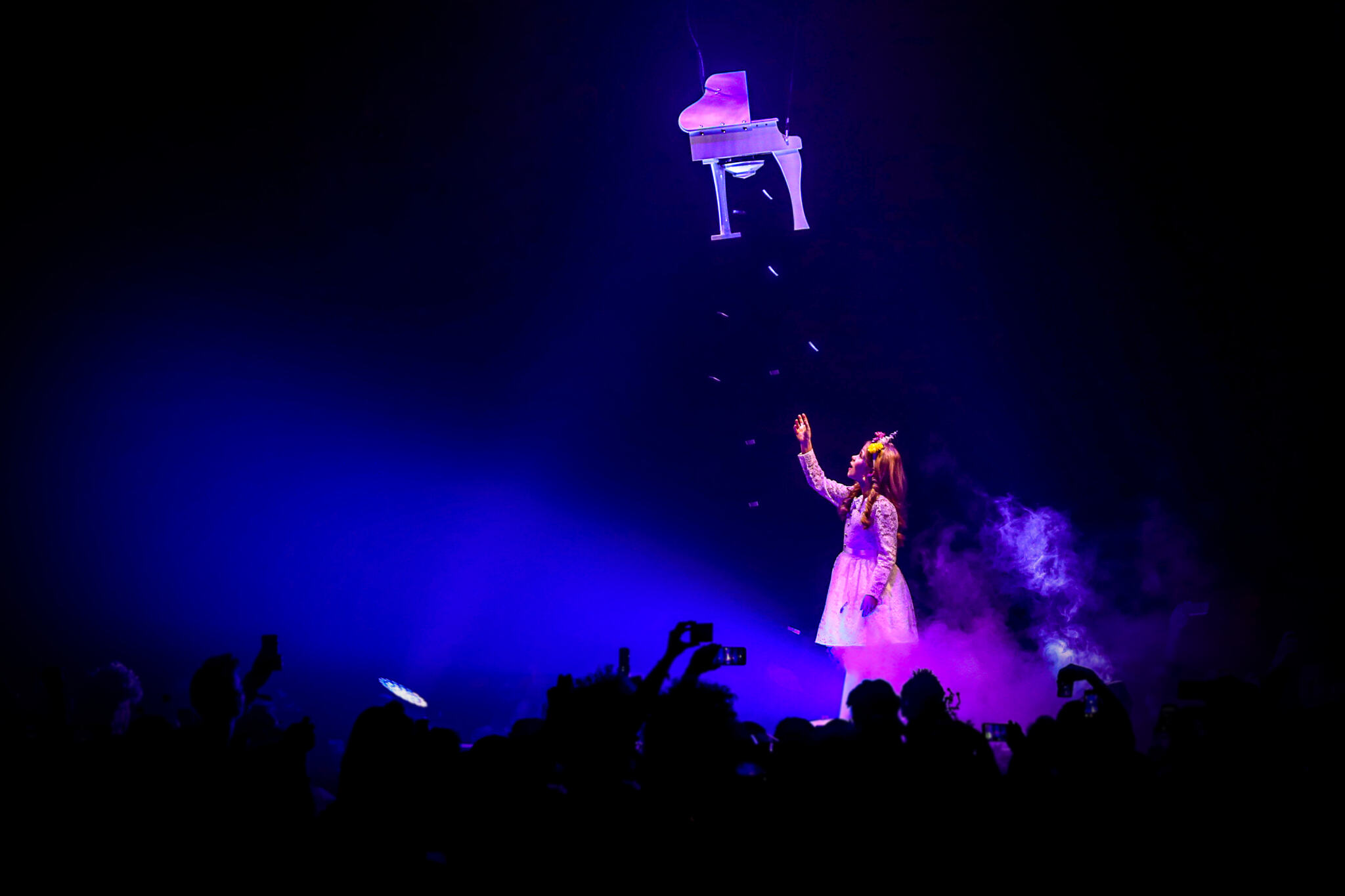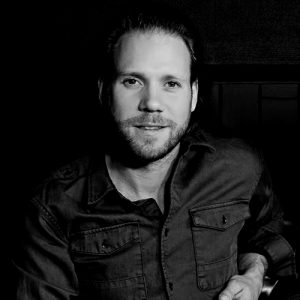
I think we can all agree that the impact of music on an audience is undeniable… Music has been around since the dawn of civilization and nothing indicates that it will ever cease to move, inspire and motivate us. It has evolved to become a fundamental part of human life and the human mind has evolved to perceive music as the universal language we all speak. It is without doubts nor reservations when I say that music is one of the most powerful tools we, as showmakers, possess.
I’m quite certain that most of you are well aware of the effect music can have on your audience and some of you might even be experts when it comes to show music. At any rate, the ability to use music as a tool is an incredible talent to possess. Especially for those who work in the entertainment industry. I would love to share some of my insights with you.
First and foremost, the music you use for your show or performance should evidently be a perfect fit.
Whether it is a symphony that supports a beautiful theatrical show, a catchy melody for a corporate event or even the background music during a speech, it must be an extension of the story you want to tell.
You might remember Obama’s victory speech on election night back in ’08. He, or rather his election team, chose the theme of the movie ‘Remember the Titans’ to accompany his speech. The song transported the millions of people who were listening back to that euphoric feeling they got when they watched the underdog Afro-American team win their game and with it, the fight against racism. A perfect emotional fit.
However, finding the perfect fit within the infinite amount of options that existing music provides is nearly impossible. Personally, I reckon that, in the majority of cases, custom-made music is the way to go. When you use existing music, you are bound to limitations. You will be forced to adapt your story to the music. You might even end up telling the story that the music contains instead of telling your own story with music.
Another reason that custom-made music can benefit your performance is because it provides a clean slate effect. Since your audience has never heard it before, they will have no prior opinions, memories or experiences linked to the specific music. Which is evidently a huge benefit when trying to induce a collective mood or feeling.
Therefore, I think that the development of the music should be an integrated part of the creation process. In this way you will be able to simultaneously create every component, including the music, of your show and ensure its coherence. So, in my humble opinion… having a composer or musician in your creative team is not just an advantage, it is an absolute necessity.
Storytelling with music is an incredibly difficult aspect in making shows. It requires expertise, experience and intuition in abundance. Apart from the obvious differences between, for instance, corporate events, dinner shows or theatrical performances the following aspects are what I think the most important.
As with every story, in written, spoken or any other form the story arc is sacred. Never give away too much too soon. This is where your motives and variations on your main theme come into play. To keep the audience captivated you make sure that the music is ever increasing the suspense. Use the variations of your main theme and your motives to support the story but save the most epic version of your theme for the grand finale.
Music causes the brain to produce endorphins and dopamine (among a variety of other chemicals). Use this to play with your audience. Make them feel joy, sadness, or even anger. Surprise them and make them wonder. Take them along on a rollercoaster ride of emotions before ending your show with an unimaginable climax. In many ways it is like cooking a perfect meal. Use the right amount of certain ingredients at the right moment to create perfection.
The human mind has evolved to be ridiculously perceptive to music or any audio for that matter and there are many ways to trick the mind of your audience. Here are a few of my favourites:
Permanent linkage
The human brain links music to experiences, creating powerful and lasting memories. Use this to your advantage… make sure to use the music of your show in the aftermath. This will blast your audience right back to the initial experience as their brains start producing whatever endorphins, dopamine or oxytocin you induced in the first place.
Abstraction
Part of what makes us human is the capability of abstract thinking. We can imagine flying to the stars with wings that don’t exist, and by doing so we bring it into being. The power of imagination in relation to music is perhaps the most powerful way in which music can be used. Because music is fundamentally abstract it has a great influence on our emotions, expectations and immersion. For example, the throb of low drums can be interpreted as the rumble of thunder or an overall menacing abstract yet to come.
Transportation
Finally, music can be a means of transportation. A portal to our subconscious mind. I understand that this might sound rather abstract, however, I don’t think there is anything more capable of getting us out of the ‘here and now’ than music. And it works on any level as well…
Do you want to accentuate the fact that the show is multicultural or even takes place in a different part of the world? Use the instruments and sounds common to the specific area. For instance, for a dinner show celebrating a multicultural collaboration we composed a main theme in which two traditional instruments, one of each culture, were harmonized into a beautiful and uplifting sound, merging two different worlds seamlessly.
On a more abstract level, music does not only transport us to certain places but to feelings and memories as well. Which takes us back to permanent linkage.
People can be fully immersed by music as it transports them from sadness to joy and from the here and now to anywhere and anytime you want them to be. Take them along for the journey.
Note to reader:
I would like to emphasize that I realize this subject is way too intricate to be downsized to just a small article. I hope, however, I provided you with some valuable insights to move an audience that might prove to be helpful. If you have anything to add or just want to talk about it, feel free to contact me!


Koen Colmbijn is a Dutch live-entertainment Director. He is a visionary emotion expert. A storyteller with a knack for (corporate) strategy. His passion is to touch people’s souls via theatrical concepts. During his 10 years of experience in the live entertainment industry he collaborated with industry leaders within different cultures such as Heineken, Board of Saudi Aramco, Booking.com, Volvo Ocean Race, ExxonMobil and The Walt Disney Company. Furthermore, he has produced inventive live shows for large corporate festivals, stadium shows, dinner experiences, ceremonies and well-known music festivals in Beijing, Shanghai, Tokyo, Seoul, Vancouver, Sochi, Cape Town, London, Berlin, and Amsterdam. He has worked with world renowned artists, from Yo-Yo Ma. Janine Jansen, National Ballet of the Netherlands & Michaela DePrince to Tiësto, Hardwell, Armin van Buuren and many more. Koen challenges himself and his dedicated team on a daily basis to beat the status quo in the international world of Live Entertainment.
Read Full Profile© 2021 TheatreArtLife. All rights reserved.
Notifications